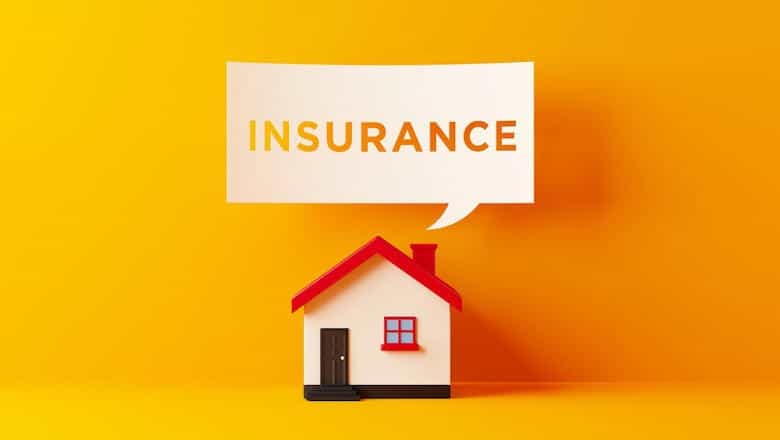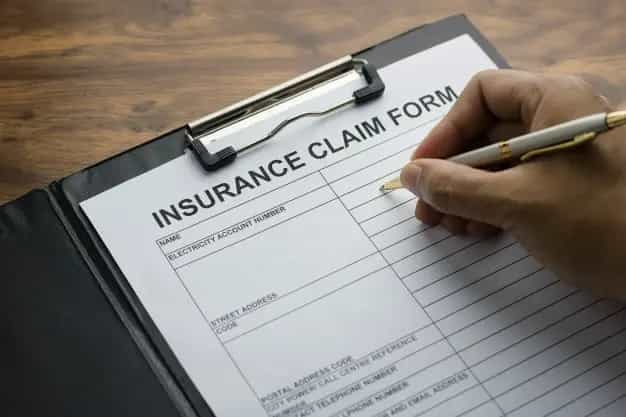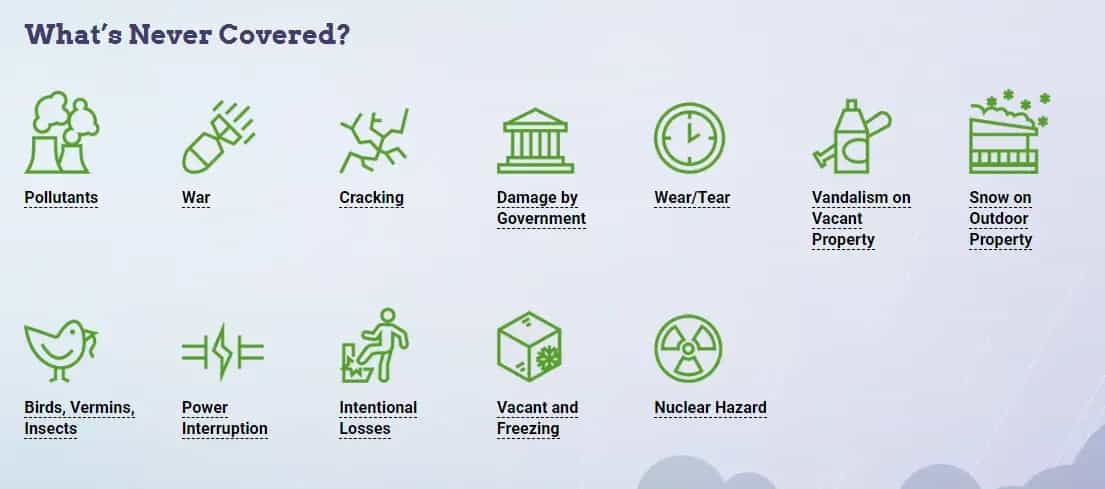You’ve finally purchased that property, now what?
Content Recap:
Getting your home insured is already a tedious, complicated process without the ambiguous terms used. So allow us to break down a few things to help make the proceedings smoother.
Hazard insurance is a type of legal cover that safeguards an estate owner from natural catastrophes. A specific set of climatic elements are considered to qualify to make Hazard Insurance claims. Spontaneous fires, blizzards, and hail, for example, fall under those relevant factors. If the damages incurred are in compliance with these incidents, then the owner is eligible to lay claims as reparations.

In layman’s terms, it may be referred to as “catastrophe cover,” referring to the perils it insures against. A distinction needs to be made here, however. In insurance lingo, hazard insurance strictly speaking, only covers risks that are “natural.” Catastrophe Insurance also incorporates several human-made disasters affecting the structure of the property.
Granters have mostly adopted the term hazard insurance. Hazard insurance only covers the construction of the property in the event of spoilage, without compensating for any injuries that may have been incurred. This is inclusive of the home, the garage, and any other independent structures. Consequently, when availing of a loan or deed, the lender will call for hazard insurance before granting you the loan. This, however, shouldn’t confuse you into thinking that this is a separate cover altogether. Procuring homeowner coverage suffices since it encompasses hazard insurance as well. Mortgage usurers demand confirmation that you own a homeowner’s insurance policy to cover damages from the devastation.
Hazard Insurance vs. Homeowners Insurance. What’s The Difference?
The homeowners’ insurance package is inclusive of hazard insurance coverage as well. In addition to this, it also has ALEs (Additional Living Expenses) coverage in the event that you’re compelled to move. Another warranty included is the Personal Liability one, for when someone takes legal action after incurring an injury within your premises. The third additional provision is for a health fee warranty. You can payout in the event that you’re accountable for paying for an injury that happens on your property.
HOT READ: Reasons Why You Should Get a Life Insurance: a Breakdown
Hazard insurance, however, is a wing of homeowners’ insurance. Based on a set of natural disasters agreed upon, this will cover you if any of them strikes your home.
Here’s a list of the best Insurance companies according to Forbes.
How Exactly Does It Work?
Hazard insurance gives indemnity from contingencies considered “acts of God” – that is, none that are human-made. Snowmelt could flood your house, or a lightning strike could start a fire and destroy your home. These are things you don’t have control over. But you can, however, make future preparations and get insurance in the event that any of these occur.
If you live in a high-risk area for any known disasters, then it’s advisable to ensure that your policy is specific to that hazard.
The cost of the insurance is influenced by what the proposed cost of repair would be in the event of a disaster. This value may not necessarily be concurrent with your property’s market worth. To ensure that your policy is still relevant, the cover is updated annually. When considering the drastic effects disasters have and how sudden they are, an extra warranty may be availed by homeowners. This is recommended, as paying forward is arguably much cheaper than trying to deal with the catastrophe when it occurs.
You would also like to read how to find the best home insurance quotes in 2020
Making Compensation Claims

When a warranted hazard invites you to request a claim, a certain fee, “deductible” may be required from you beforehand. Deductibles are the part of the bill you’re expected to foot before the insurance pays out. Anything incurred besides the agreed limit becomes your obligation to fulfill. Your lender may be able to assist you in adjusting the contents of your warranty policy to serve you.
Learn how your rates are determined today.
Your total deductible fee will be determined by which bracket you fall into from the following:
1. Actual Cash Value
This is the lower of the two. ACV’s usually apply to outmoded properties and subsequently, have the smallest payout amount. It pays out based on what your property was rated at when the disaster happened.
2. Replacement Cost Value
These policies are costlier than their counterparts. However, they are, by far, the better option of the two. Whatever may have been worn out or damaged or robbed will still be reimbursed. These are the steps to follow when a disaster occurs, and you need to ensure that your family is taken care of:
- Record the damage by making digital copies and a transcribed narrative. Do this as soon as possible after the destruction takes place.
- Handle any momentary casualties if they are manageable. This will help prevent further damage from occurring.
- Reach out to your lender. Record all conversations with them and keep them documented.
- Revisit the details of your cover. Ensure that you’re familiar with all the clauses of your policy.
- Audit possible contractors. Investigate their reviews before selecting one to ensure that you’re hiring someone who knows what they’re doing. Don’t leave this to your insurer as they may choose a mediocre one to cut costs.
Relationship Between Mortgages and Hazard Insurance

When taking out liens against property, you’ll be expected to possess a homeowner’s insurance policy. That’s a very broad term that needs to be clarified. What they in fact expect you to present, is hazard insurance – since it deals specifically with the building itself.
The umbrella homeowners’ insurance may suffice, but individual metropolises may require additional coverage. This is most likely to occur if your property is situated in an area susceptible to known disasters.
Separate Hazard Insurance Policies
A distinction may be made in specific policies where the area is known to experience weather devastation frequently. In such instances, you will be expected to take out an additional cover for that peril. For example, if your property is in a known danger zone for earthquakes or volcanoes, then you’ll need extra reinforcements.
So What Does Hazard Insurance Cover?
Acceptable misfortunes include:
- Destruction from fire
- Blizzard
- Hail
- Spoilage
- Destruction due to snow and ice
- Lightning
- Plumbing Accidents
- Blowup
- Electrical faults
- Collapsed trees
- Automobile crashing into your property
Policies differ, and it’s crucial for you to check with yours to understand what they consider applicable.
Insurers may choose to have supplementary covers for high-risk areas that are susceptible to certain devastations.
What Doesn’t Fall Under Hazard Insurance Warranty?

Floods, though a natural disaster, aren’t covered by Hazard insurance policies. A different system would have to be secured for torrents. Any damages incurred through neglect automatically become the owner’s responsibility.
Any spoilage that may have occurred gradually is not covered. Rust and decay, for example, don’t count as coverable expenses.
To Get or Not To Get. That is The Question. How Much Does it Cost?
The appraisal of your property influences variations in the cost. Considerations like the worth of your property, restrictions within your policy, and insurance deductible are weighed.
Experts maintain that it’s advisable to purchase a dependable homeowner cover to cover all your bases. Some offer personalized options where you can include flood insurance. Make sure you get an insurance provider you’re satisfied with and offer you the best deal for your needs. The materials from which your home is made will also contribute to the cost of your premium. The deterioration of the property may also affect how much you end up paying. Security reinforcements installed in your home will impact the total price as well. Learn more about your insurance premium here.
FAQ’s

